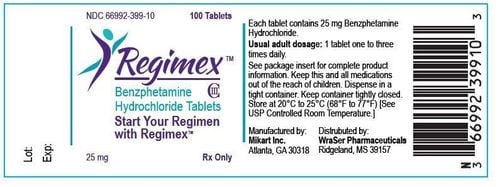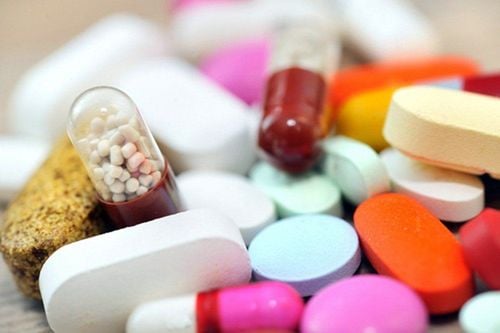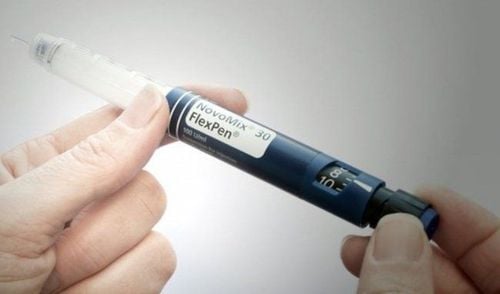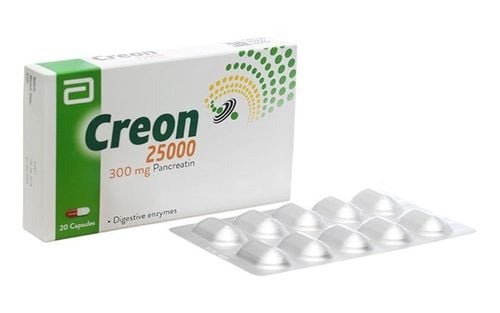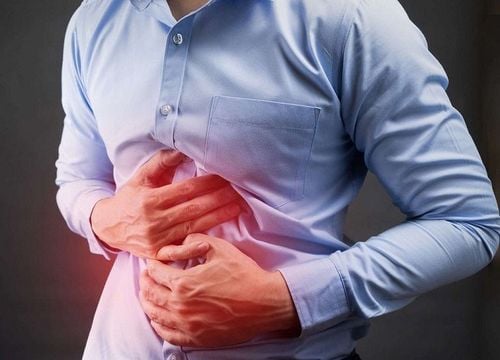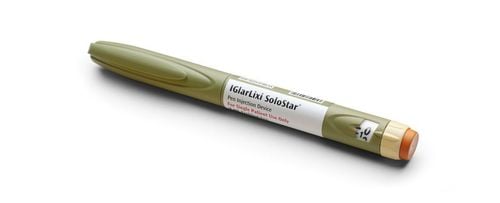This is an automatically translated article.
The article was professionally consulted by a General Internal Medicine Doctor - Department of Examination & Internal Medicine - Vinmec Nha Trang International General Hospital.According to scientists, people with diabetes should get about 45-60% of their calories from carbs per day to control high blood sugar.
1. How foods affect blood sugar
A number of factors can affect your blood sugar, such as exercise, stress, illness, and among those that play an important role, the direct influence is food. Of the three macronutrients: carbs, protein and fat, carbs have the biggest impact on blood sugar. The reason is that your body breaks down carbs into sugar and sends them into your bloodstream.This can happen for most carbs, such as refined sources like cookies, chips, and some other fruits and vegetables.
On the other hand, whole foods often contain fiber. Unlike sugars and starches, natural fibers do not raise blood sugar levels, even slowing it down.
When people with diabetes consume foods high in digestible carbs, blood sugar levels rise. In addition, high carbs often also require high doses of insulin, or certain diabetes medications, to control blood sugar.
Because the body of people with type 1 diabetes is often not able to produce the required amount of insulin, they need to be injected with insulin several times a day. However, eating fewer carbs can significantly reduce the dose of insulin during a meal.
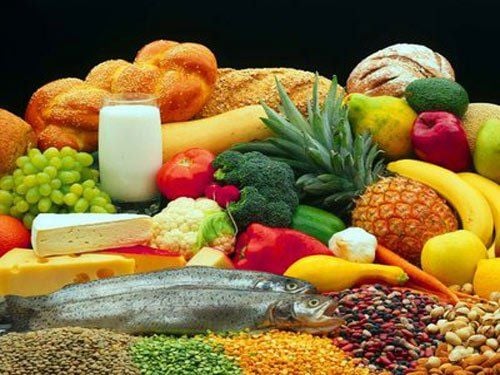
Thực phẩm là yếu tố tác động trực tiếp tới lượng đường trong máu
2. Carb restriction for diabetes
Health professionals often recommend that patients with diabetes should limit their carb intake.2.1 Very Low Carb Diet, or Ketogenic Diet Very low carb diets can cause mild to moderate ketosis. This is a state when the body uses ketones and fats as its main source of energy, instead of sugar.
Ketosis usually occurs when a person's daily intake is less than 50 or 30 grams of total carbs. This equates to no more than 10% of the calories on a 2,000-calorie diet.
The ketogenic diet was used by people with diabetes even before the discovery of insulin in 1921.
Some studies have also shown that limiting carbs to 20- 50 grams per day will significantly reduce high blood sugar, promote effective weight loss, and improve heart health for diabetics.
Furthermore, these changes are usually achieved very quickly. For example, limiting carb intake to 21 grams per day for 2 weeks naturally reduces calorie intake, increases insulin sensitivity by 75%, and in turn lowers blood sugar.
In another study that lasted about 3 months of people following a calorie-restricted, low-fat, or low-carb diet (about 50 grams of carbs per day) showed amazing results. The low-carb group lost an average of 0.6% HbA1c, and lost more than twice as much body weight as the low-fat group. In addition, about 44% of them had stopped taking at least one diabetes medication, while the low-fat group only reached 11%.
You can reduce or stop using insulin, and diabetes medications if your blood sugar is well controlled. In addition, a diet containing only 20-50 grams of carbs has also been shown to lower blood sugar and reduce the risk of disease progression in people with prediabetes.
In a small 12-week study in obese and diabetic men who followed a Mediterranean diet limited to 30 grams of carbs per day. During the procedure, their average blood sugar dropped rapidly to 90 mg/dL (5 mmol/L) - the body's normal blood sugar level.
In addition, these men also lost an average of 32 pounds (14.5 kg), and experienced a significant reduction in triglycerides, cholesterol and blood pressure.
2.2 Low Carb Diet A low carb diet is about limiting carb consumption to 50-100 grams, or 10-20% of calories per day.
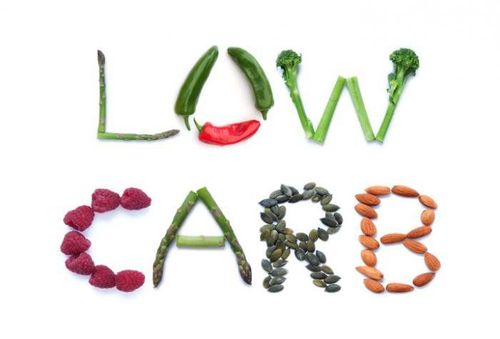
Chế độ ăn kiêng low carb là việc hạn chế tiêu thụ carb xuống 50-100 gram, hoặc 10-20% lượng calo mỗi ngày
Just a 1.3% decrease in HbA1c is a significant change to sustain for several years, especially in people with type 1 diabetes.
Besides, one of the biggest concerns for people with type 1 diabetes. For people with type 1 diabetes is hypoglycemia, or blood sugar dropping to alarmingly low levels.
Patients with type 1 diabetes who restricted their daily carb intake to less than 90 grams had 82% lower blood sugar than when they did not apply the diet.
Even people with type 2 diabetes can benefit from limiting their daily carb intake. When following a high-fiber diet, 20% of calories from carbs resulted in an average 29% reduction in blood sugar levels.
2.3 Moderate Carb Diet A moderate carb diet allows you to consume 100-150 grams of digestible carbs, or 20-35% of calories per day.
For people with type 2 diabetes, a Mediterranean diet with 35% or less of calories from carbs significantly reduced mean HbA1c levels from 8.3% to 6.3 %.
3. High-carb foods should be avoided
There are many foods that are not only delicious and nutritious, but also provide very little carbs, helping to control blood sugar effectively. However, some of the following high-carb foods that you should avoid consuming include:Bread Rice, pasta, corn and other grains Sweet potatoes, potatoes, taro and yam Milk, and sweetened yogurt Most fruit, except berries Cookies, cakes, pies, and other pastries Chips, popcorn Soda, juice, and soft drinks Other Beer It should be noted that, not all of these foods are unhealthy. For example, fruits, they can bring high nutritional value. However, it does not benefit people who are trying to control their blood sugar by eating fewer carbs.
4. How to determine the optimal carb intake
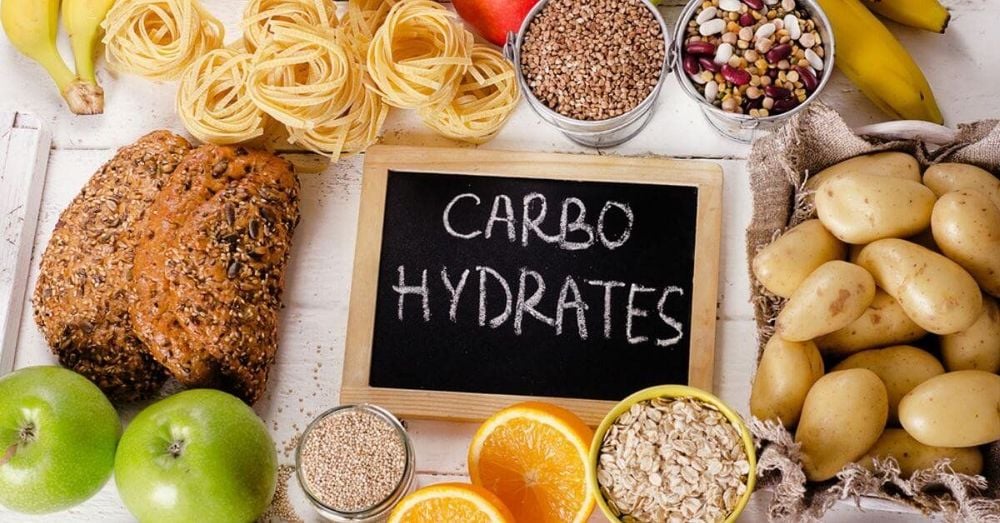
Lượng carb tối ưu để kiểm soát lượng đường trong máu còn tùy thuộc vào từng bệnh nhân
To determine the ideal carb intake, measure your blood sugar with a glucometer before a meal and measure it again 1-2 hours after eating. To prevent damage to nerves and blood vessels, your maximum blood sugar should be 139 mg/dL (8 mmol/L). This result will depend on the number of carbs consumed per day, so you should limit carb intake to less than 10, 15 or 25 grams per meal.
Additionally, you may find your blood sugar levels may rise more at certain times of the day, so the upper carb limit may be lower for dinner, than for breakfast or meals. lunch.
In general, the less carbs you consume, the lower your blood sugar and diabetes medications or insulin are also cut into a healthier range.
If you use insulin or diabetes medication, consult your doctor before reducing your carb intake to ensure the right dosage.
Vinmec International General Hospital is one of the hospitals that not only ensures professional quality with a team of leading medical doctors, modern equipment and technology, but also stands out for its examination and consultation services. Comprehensive, professional medical consultation and treatment, civilized, polite, safe and sterile medical examination and treatment space. Customers when choosing to perform tests here can be completely assured of the accuracy of test results.
Please dial HOTLINE for more information or register for an appointment HERE. Download MyVinmec app to make appointments faster and to manage your bookings easily.
Article referenced source: healthline.com



